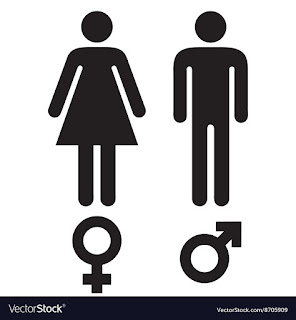The following is an essay I turned in for my British Empiricism class. It is on Hume's Problem of Induction. Deductive and inductive reasoning are types of argument structures. In a deductive argument, the truth of the premises guarantees the truth of the conclusion. For example, if 1) All cats are mammals 2) Felix is a cat, then it would follow inescapably that 3) Felix is a mammal. If 1 and 2 are true, there is no possible or conceivable world in which 3 is not true. Inductive arguments do not provide this guarantee. A good inductive argument only makes the conclusion more probable or likely than not. For example, if 1) 90% of people can swim, and 2) Michael is a person, then 3) Michael can swim, though not guaranteed, is likely. It does not follow with logical necessity because Michael may just happen to be part of that 10% of the population that does not swim. David Hume’s problem of induction states that inductive justifications that rely on past experiences will fa
